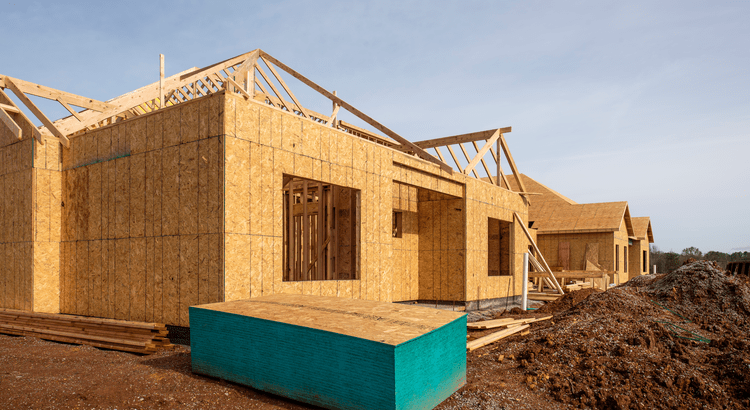What To Know About Closing Costs
What To Know About Closing Costs

Now that you’re set on buying a home, planning for all the associated costs is key. While the down payment is often top of mind, closing costs are another important expense to consider. Here’s what you need to know about them.
What Are Closing Costs?
Simply put, closing costs are the extra fees and payments you’ll need to cover at the closing of your home purchase. While they can vary depending on the home's price and financing, every buyer will face them. Unfortunately, some people overlook these costs in their budget planning. According to Freddie Mac, closing costs generally include:
- Application fees
- Credit report fees
- Loan origination fees
- Appraisal fees
- Home inspection fees
- Title insurance
- Homeowners insurance
- Survey fees
- Attorney fees
Some of these expenses are one-time fees included in your closing costs, while others, such as homeowners' insurance, are initial payments for ongoing responsibilities you'll have once you own the home. It’s important to account for both types of costs to ensure you’re fully prepared for what’s ahead.
How Much Are Closing Costs?
The same Freddie Mac article goes on to say:
“Closing costs vary greatly depending on your location and the price of your home. Typically, you should be prepared to pay between 2% and 5% of the home purchase price in closing fees.”
Here’s a breakdown of what to expect:
For a home priced at today’s median of $422,600, closing costs could range from approximately $8,452 to $21,130, based on the 2-5% estimate from Freddie Mac. If you're looking at a home priced above or below the median, adjust these figures accordingly.
Planning ahead for these costs will help ensure a smoother and more manageable homebuying process.
Tips To Reduce Your Closing Costs
If you're looking to reduce those costs slightly, NerdWallet suggests a few strategies:
- Negotiate with the Seller: Some sellers may be open to covering part or all of these expenses, particularly as homes are staying on the market longer. With sellers potentially more motivated to negotiate, you might have more leverage. Don’t hesitate to request concessions such as covering the home inspection or providing a credit toward closing costs.
- Shop Around for Home Insurance: Given the current rise in home insurance costs in many areas, it’s important to explore all your options. Different insurance companies offer various policies and coverage levels, so obtain multiple quotes and compare them. Selecting a policy with reliable coverage at a competitive rate can be beneficial.
- Look into Closing Cost Assistance: Just as there are programs available to assist with down payments, there are also options to help with closing costs. These programs can vary by area and may be available for different income levels, professions, or specific neighborhoods. For more information, Experian says:
“Your real estate professional should be able to steer you toward applicable programs, and the U.S. Department of Housing and Urban Development (HUD) maintains a helpful resource for finding homebuying assistance programs in every state.”
Bottom Line
Planning for the fees and payments required when closing on your home is crucial, and it doesn’t have to be unexpected. With the right experts helping you, you can ensure you're well-prepared. Let’s connect so you have someone to guide you with more tips and advice.
Categories
Recent Posts










